IATI year in review - 2019
After celebrating the 10th anniversary of IATI in 2018, this year was packed with new ideas and hard work to lay the foundation for a successful future.
IATI Strategic Plan 2020-25 launched
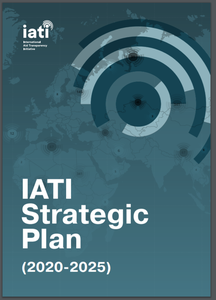
IATI launched a new Strategic Plan to drive the work of the initiative over the next five years. Created through extensive consultation with IATI’s diverse membership and community, the IATI Strategic Plan (2020-2025) (ES / FR) set three mutually reinforcing objectives.
These are 1) improving the quality of IATI data that is published; 2) promoting the use of data by development and humanitarian actors; and 3) strengthening IATI’s data Standard and reinvigorating its community of publishers and members. Achieving these objectives is crucial in helping IATI achieve its vision: that transparent, good quality information on development resources and results is available and used by all stakeholder groups to help achieve sustainable development outcomes.
New Datastore and Validator - IATI tech fit for the future
Upgrading IATI’s technical tools was another big priority in 2019. IATI’s technical team had a very busy year, launching two new tools; the Datastore and Validator.
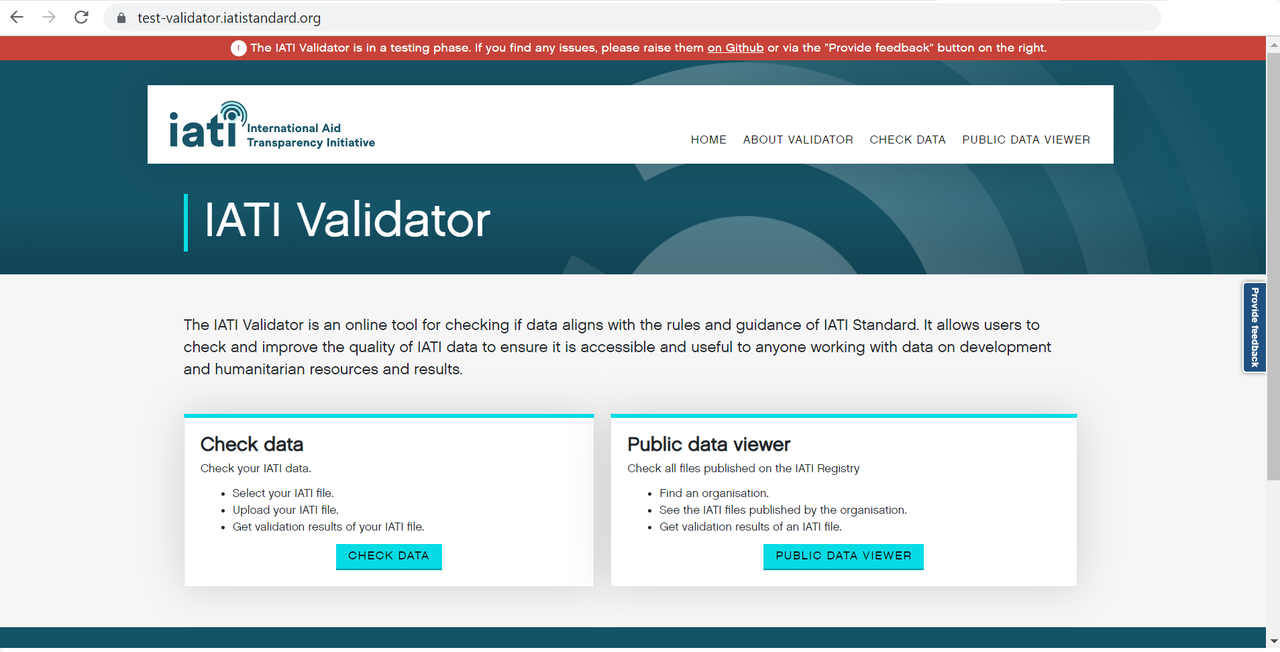
Currently in the final stages of public testing, the Datastore provides a robust service for accessing data published in all fields of the IATI Standard and the new IATI Validator checks data against the rules of the IATI Standard. Both tools are vital for improving the quality and use of IATI data by anyone looking for data on international development and humanitarian resources and results.
IATI’s role in monitoring the Sustainable Development Goals
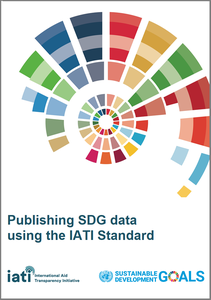
The availability of open, transparent data on resources and results is essential in monitoring progress towards achieving the Sustainable Development Goals (SDGs). This year, IATI released new guidance: Publishing data on the Sustainable Development Goals (SDGs) using the IATI Standard. The guidance sets out how organisations can use the IATI Standard to share data on how their spending and activities are contributing to the SDGs.
IATI encourages all its publishers to start using the guidance, to help improve data available to monitor the achievement of SDGs over the next decade.
Expanding use of IATI data
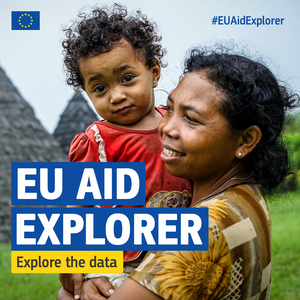
Over 2019, there was a steady increase in the number of development organisations using IATI data. IATI data featured in the European Commission’s new EU Aid Explorer and USAID’s new portal to improve staff collaboration with other development organisations. Catalpa International also launched IATI Sync to improve the integration of IATI data into developing country governments’ systems.
The IATI Secretariat engaged in and supported a number of initiatives interested in using the IATI Standard their work. They included the UN Forum on Forests and the UN Data Cube, an initiative that includes the IATI Standard in the United Nations System-Wide Reporting of Financial Data. To end the year, IATI engaged hundreds of members of the open data community in francophone Africa by delivering a hackathon event at the Communauté Afrique Francophone des Données Ouvertes (CAFDO) conference (Abidjan, 17-19 December).
Improving transparency of humanitarian data
In 2019, progress was also made amongst the international humanitarian community on improving the publication of IATI data. Statistics from early 2019 showed that 47 of 59 Grand Bargain signatories were meeting their commitments to publishing their humanitarian finance to IATI.
As the year progressed, prominent humanitarian organisations increased their focus on using this data to help better coordinate responses to humanitarian crises. The Centre for Humanitarian Data made progress in their pilot to integrate IATI data into the UN OCHA's Financial Tracking Service. The Humanitarian Data Exchange (HDX) also piloted the import of IATI data into their open platform for sharing data across specific crises and organisations.
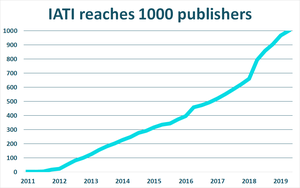
IATI publisher numbers passed 1000
In 2019, the number of organisations publishing their spending according to the IATI Standard reached 1000 and continued to rise through the year. Reaching this milestone was a tremendous achievement marking the steady commitment of international development and humanitarian organisations towards improving their transparency. IATI thanks the 1000+ governments, multilateral and non-governmental organisations, foundations, private sector and development finance institutions for publishing their spending and making crucial data available to improve development outcomes.
Together, we can ensure better data helps maximise the impact of resources to support the world's poorest and most vulnerable people.
IATI in 2020
In 2020 IATI will focus on activities that will contribute to achieving the IATI Strategic Plan (2020-25). Members, technical experts, data publishers and users from across the international development and humanitarian communities are encouraged to advise and work together to ensure the Strategic Plan is successful. Together, we can ensure better data helps maximise the impact of resources to support the world's poorest and most vulnerable people.